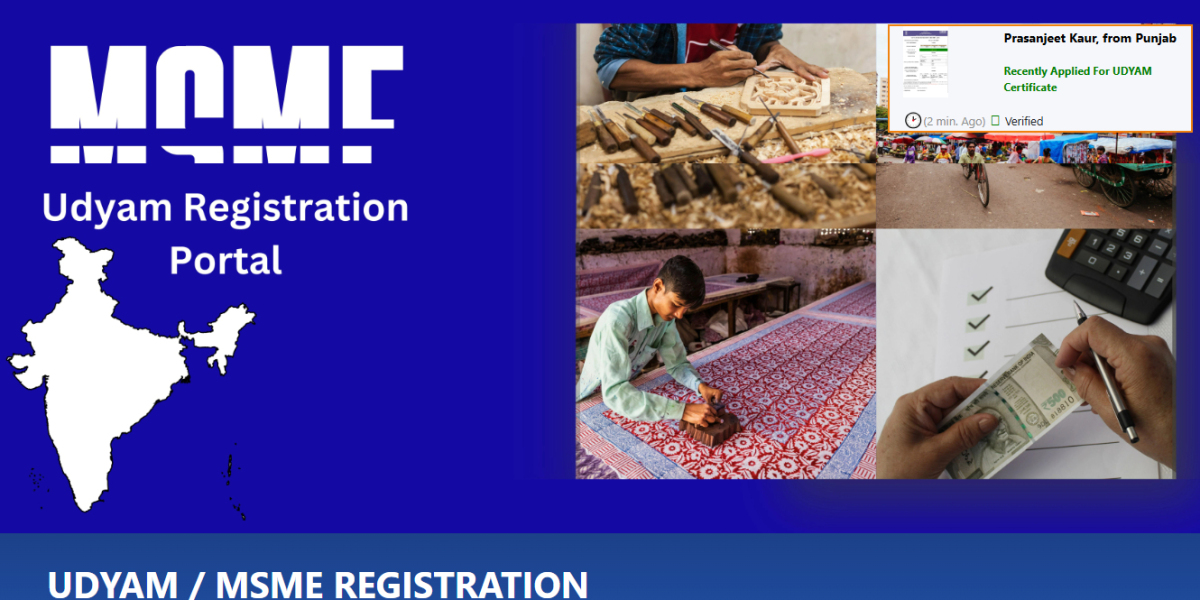Introduction to Kidney Stones
Kidney stones might sound like a minor inconvenience until you’ve experienced one. These small, hard mineral deposits can cause intense pain and disrupt daily life. They’re surprisingly common, affecting millions worldwide each year. Understanding what they are, why they form, and how to treat them can make a big difference if you or someone you love ever faces this problem.
Understanding the Formation of Kidney Stones
Kidney stones form when minerals and salts in urine—like calcium, oxalate, or uric acid—crystallize and clump together. Usually, your urine contains substances that prevent this, but when those are missing or overwhelmed, stones start to develop. Over time, these stones can grow larger and get stuck in the urinary tract, causing severe pain.
What Causes Kidney Stones?
It’s rarely just bad luck—there are clear reasons why kidney stones form.
Dietary Factors
Eating foods high in sodium, protein, or oxalate-rich items like spinach and nuts can increase your risk. Diets heavy in processed foods or low in calcium (surprisingly!) can also contribute.
Dehydration
One of the biggest causes is not drinking enough water. Less fluid means more concentrated urine, making it easier for minerals to come together and form stones.
Medical Conditions and Genetics
Certain conditions like obesity, gout, or inflammatory bowel disease can raise your risk. Family history matters, too—if your relatives had kidney stones, your odds go up.
Types of Kidney StonesKidney Stones
Knowing the type of stone helps doctors plan treatment and prevention.
Calcium Stones
About 80% of stones fall into this category, usually formed from calcium oxalate. Too much oxalate in your diet or issues with calcium processing can be triggers.
Uric Acid Stones
These stones are more common in people who eat lots of red meat or seafood. They're also linked to conditions like gout or high uric acid levels in the blood.
Struvite and Cystine Stones
Struvite stones often result from urinary tract infections. Cystine stones are rare and usually due to genetic disorders that affect how kidneys process amino acids.
Recognizing the Symptoms of Kidney Stones
Sometimes stones are silent, but when they move, they make themselves known.
Common Symptoms
Sharp, cramping pain in your back, side, or lower abdomen is a classic sign. You might also notice blood in your urine, cloudy or foul-smelling urine, nausea, or frequent urination.
Severe Symptoms Requiring Immediate Attention
If pain becomes unbearable, is paired with fever or chills, or if you’re unable to urinate, seek emergency help. These could mean an infection or blockage that needs urgent care.
How Kidney Stones Are Diagnosed
If your doctor suspects kidney stones, they’ll use a few straightforward tests.
Imaging Tests
A CT scan is the gold standard because it shows even tiny stones. X-rays and ultrasounds are also used, especially to reduce radiation exposure.
Urine and Blood Tests
These tests look for crystals, minerals, and signs of infection. They can also help doctors figure out what type of stone you have and why it formed.
Treatment Options for Kidney Stones
How your stone is treated depends on its size, location, and type.
Small Stones
Many stones under 5 mm may pass naturally if you drink enough water and manage pain. Your doctor might prescribe medication to help relax the ureters.
Large Stones and Procedures
For stones too big to pass, procedures like shock wave lithotripsy (breaking stones into smaller pieces), ureteroscopy (removing stones with a scope), or, rarely, surgery may be needed.
Preventing Kidney Stones
If you’ve had a stone once, you’re at higher risk of another—but prevention is possible.
Staying Hydrated
Drinking at least 2-3 liters of water daily dilutes your urine, making it harder for stones to form.
Dietary Adjustments
Limit salt and animal proteins, balance calcium intake (don’t cut it out entirely!), and reduce foods high in oxalates if you’re prone to calcium oxalate stones.
Possible Complications of Kidney Stones
Untreated stones can block urine flow, leading to infections, kidney damage, or even kidney failure over time. Chronic stones can also cause scarring and reduce kidney function.
Living with Recurrent Kidney Stones
If you keep getting stones, your urologist might suggest long-term medication, diet plans, or regular check-ups to catch new stones early.
Conclusion
Kidney stones can be incredibly painful, but they’re also manageable with the right knowledge and care. Understanding the causes, symptoms, and treatment options gives you a head start in preventing stones—or dealing with them effectively if they do occur.
FAQs
1. Do kidney stones always cause pain?
Not always; small stones can pass without symptoms, but larger ones often cause severe pain.
2. Can children get kidney stones?
Yes, though less common, kids can develop stones, often due to genetic factors or medical conditions.
3. Is surgery always required?
No, many stones pass naturally or can be treated non-surgically with medication or shock waves.
4. Are kidney stones related to gallstones?
Not directly—they form in different organs and have different causes, though similar risk factors like diet may overlap.
5. How long does it take to pass a kidney stone?
It varies—small stones might pass in days, while larger ones could take weeks or need medical help.







